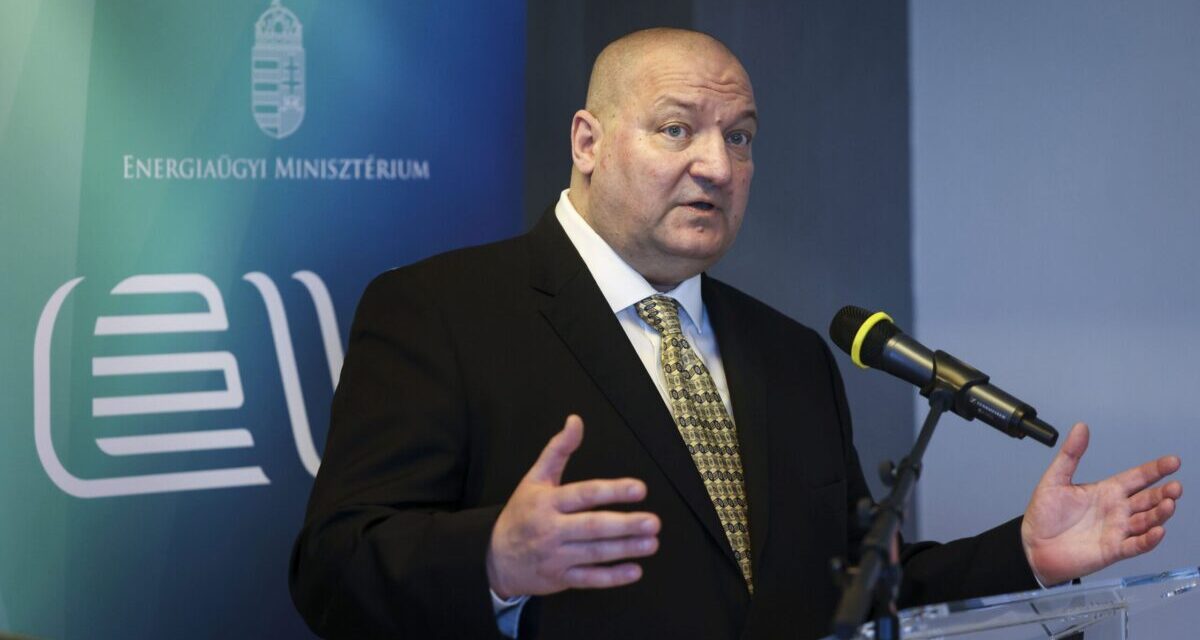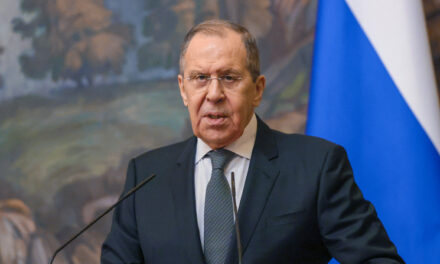In the case of natural gas, nine out of ten households and eight out of ten households in the case of electricity fall into the subsidized category.
Hungarian consumers paid the most favorable utility bills in Europe in November, and based on purchasing power parity, the average price of natural gas and electricity paid by residential consumers was the lowest in Hungary, said the government commissioner responsible for maintaining the utility reduction at a press conference on Monday in Budapest.
Szilárd Németh presented the results of an international price comparison study commissioned by Energie-Control Austria and the Hungarian Energy and Utilities Regulatory Authority (MEKH), showing electricity and natural gas prices in European capitals, and said: in November, the average residential price of natural gas in Budapest per kilowatt hour (kWh) 2 It was .56 euro cents, which is the lowest among the capital cities included in the survey. In the case of consumption exceeding the average by 20 percent, the prices were lower only in Belgrade and Zagreb.
Hungarian consumers paid the lowest price, 9.31 euro cents per kilowatt hour, for electricity up to the limit of the average consumption in the utility-protected price category.
Those households that consumed 20 percent more than the specified annual average consumption could get electricity for 10.73 euro cents per kilowatt hour, which is the second most favorable price in a European comparison behind Belgrade.
Consumers in regional capitals pay multiple times the Hungarian price for utilities, he said, highlighting Prague, where end-user prices are four times the value in Budapest.
He noted: nine out of ten households in the case of natural gas and eight out of ten in the case of electricity fall into the subsidized category.
Based on purchasing power parity, the average price of residential natural gas and electricity in the Hungarian capital was the lowest among the examined cities. In the case of a two-earner family, utility bills were the lowest in Hungary after Luxembourg in proportion to income.
Speaking about the methodology, he said that the prices in the report include the system usage fee, VAT, and energy tax.
He indicated: the results of the international survey are also supported by an investigation covering European countries by Századvég. In Hungary, 7 percent of respondents answered that they could not pay their utility bills, compared to the EU average of 21 percent.
Szilárd Németh also spoke about the fact that the Hungarian anti-regime policy is constantly being attacked from the European Union, and that "there are also Hungarian exits" from both the "old" and the "new left".
The "war political declaration" adopted by the European Parliament last week and also supported by the Tisza Party would extend the sanctions to Russian gas and uranium, he said. This would endanger the entire Hungarian energy market and Hungary would get access to these energy sources at a price 4-5 times higher, which would result in a similar price increase, he pointed out.
He emphasized that the government's overhead protection policy will continue next year, and the 2025 budget foresees HUF 880 billion for this purpose.
MTI
Cover photo: Szilárd Németh, government commissioner responsible for maintaining overhead reductions
Source: MTI/Róbert Hegedüs













